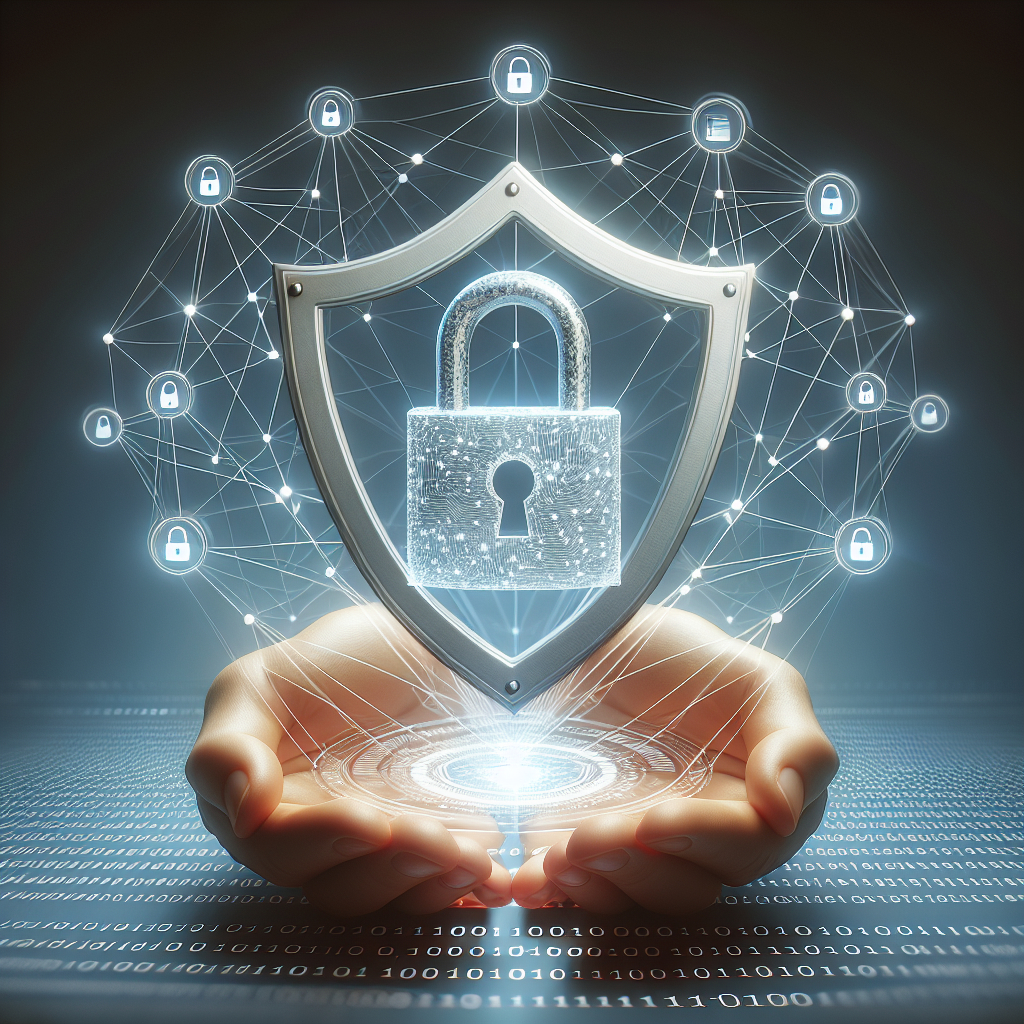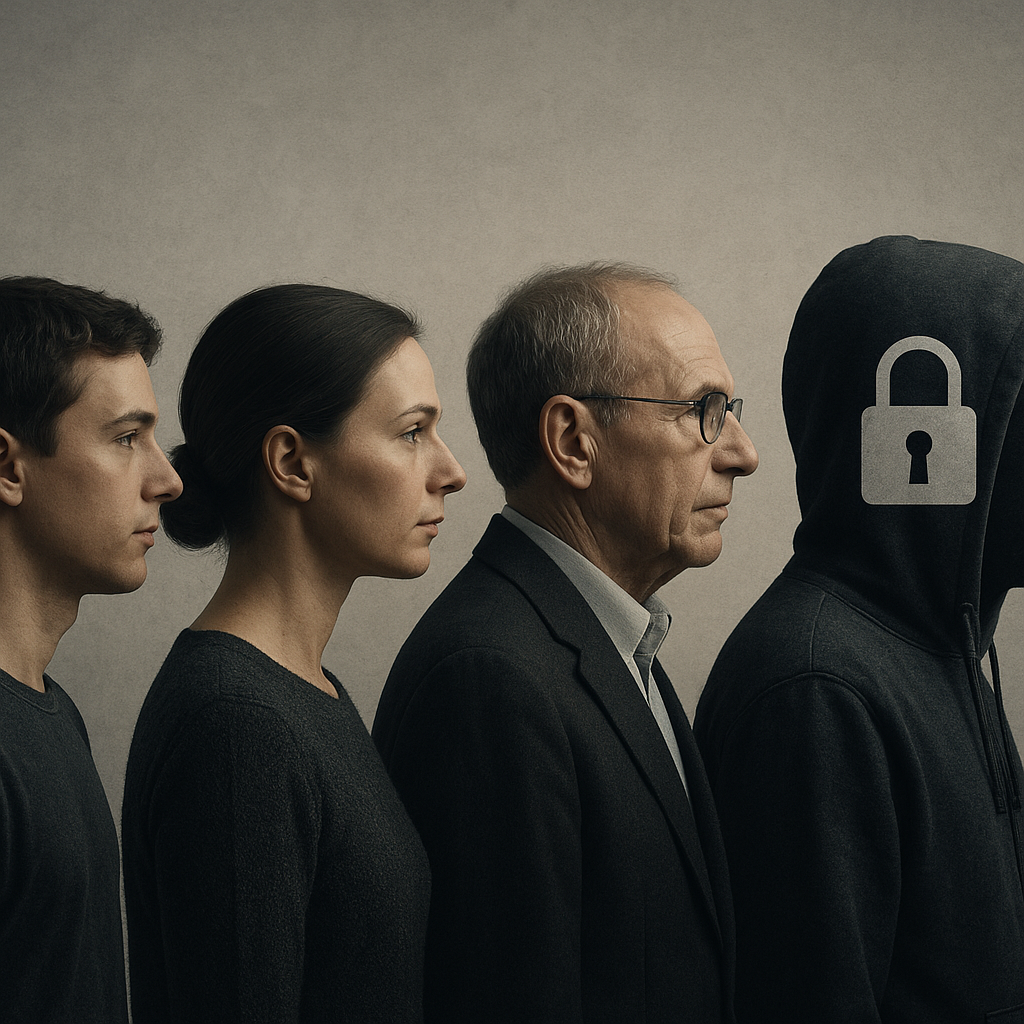Digital culture has profoundly transformed the way we form, maintain, and perceive relationships in the modern world. The advent of the internet and the proliferation of social media platforms have created new dynamics in personal interactions, reshaping the landscape of human connections.
The Evolution of Communication
One of the most significant impacts of digital culture on modern relationships is the evolution of communication. The internet has introduced a plethora of communication tools that have made it easier to stay connected with others, regardless of geographical barriers. Instant messaging, video calls, and social media platforms have become integral parts of our daily lives, allowing us to maintain relationships with friends, family, and romantic partners across the globe.
These digital communication tools have also changed the way we express ourselves. Emojis, GIFs, and memes have become new forms of language, enabling us to convey emotions and ideas in ways that words alone cannot. This has led to a richer, more nuanced form of communication that can enhance our connections with others.
However, the convenience of digital communication also comes with its challenges. The lack of face-to-face interaction can sometimes lead to misunderstandings and misinterpretations. The absence of non-verbal cues, such as body language and tone of voice, can make it difficult to fully grasp the context of a message. This can result in conflicts and misunderstandings that might not occur in a face-to-face conversation.
The Impact of Social Media on Relationships
Social media platforms have become a central part of our social lives, influencing how we form and maintain relationships. These platforms provide a space for people to connect, share experiences, and stay updated on each other’s lives. They have made it easier to reconnect with old friends, maintain long-distance relationships, and meet new people with similar interests.
However, social media can also have negative effects on relationships. The curated nature of social media profiles can create unrealistic expectations and comparisons. People often present an idealized version of their lives, which can lead to feelings of inadequacy and jealousy among their peers. This can strain relationships and create a sense of disconnection.
Moreover, the constant connectivity provided by social media can lead to issues such as digital addiction and decreased face-to-face interactions. People may find themselves spending more time on their devices than engaging in meaningful conversations with those around them. This can weaken the quality of relationships and lead to feelings of loneliness and isolation.
Online Dating and Romantic Relationships
The rise of online dating platforms has revolutionized the way people find romantic partners. These platforms offer a convenient and efficient way to meet potential partners, with algorithms that match users based on their preferences and interests. Online dating has expanded the pool of potential partners, making it easier for people to find compatible matches.
However, online dating also comes with its own set of challenges. The abundance of choices can lead to a paradox of choice, where people struggle to make decisions and commit to a single partner. The superficial nature of online profiles can also lead to a focus on physical appearance and first impressions, rather than deeper compatibility.
Additionally, the anonymity of online interactions can sometimes lead to deceptive behavior. People may misrepresent themselves or engage in dishonest practices, such as catfishing. This can result in trust issues and disappointment when the reality does not match the online persona.
The Role of Digital Culture in Family Dynamics
Digital culture has also influenced family dynamics, changing the way family members interact and communicate with each other. The internet provides a platform for families to stay connected, even when they are physically apart. Video calls and messaging apps allow family members to share experiences and maintain close relationships, regardless of distance.
However, the pervasive presence of digital devices can also create challenges within families. The constant use of smartphones and tablets can lead to decreased face-to-face interactions and quality time spent together. This can result in a sense of disconnection and weakened family bonds.
Moreover, the internet exposes family members, especially children, to a vast amount of information and influences. Parents may struggle to monitor and control their children’s online activities, leading to concerns about online safety and exposure to inappropriate content. This can create tension and conflicts within the family, as parents try to balance the benefits of digital connectivity with the need for boundaries and protection.
Conclusion
In conclusion, digital culture has had a profound impact on modern relationships, transforming the way we communicate, form connections, and maintain bonds. While the internet and social media have provided new opportunities for connection and communication, they also come with challenges that can strain relationships and create a sense of disconnection. As we navigate the digital landscape, it is important to find a balance between the benefits of digital connectivity and the need for meaningful, face-to-face interactions. By being mindful of the impact of digital culture on our relationships, we can harness its potential to enhance our connections and build stronger, more fulfilling relationships in the modern world.



